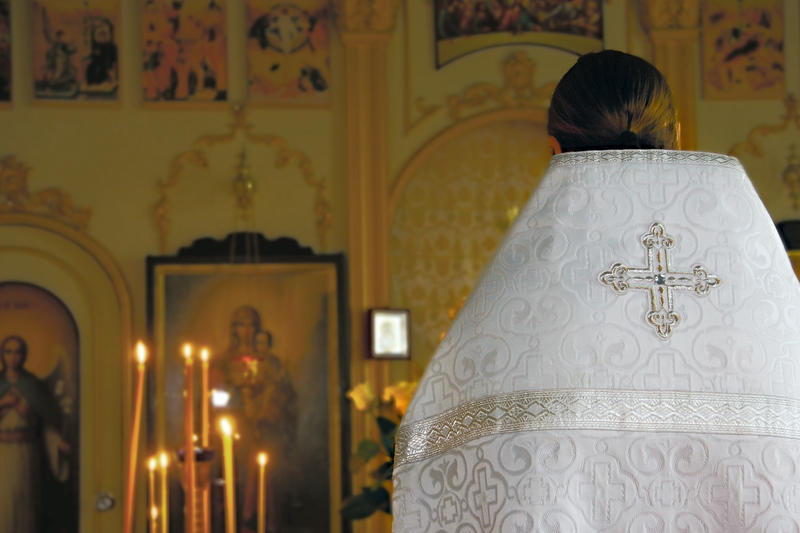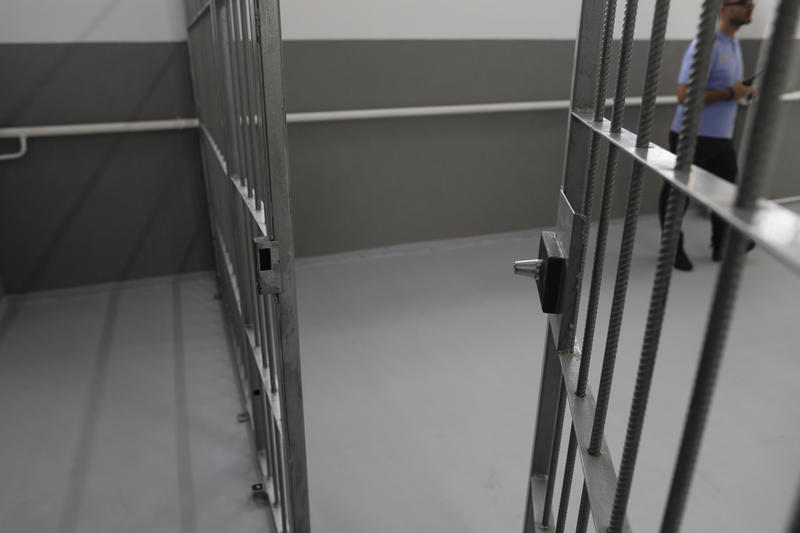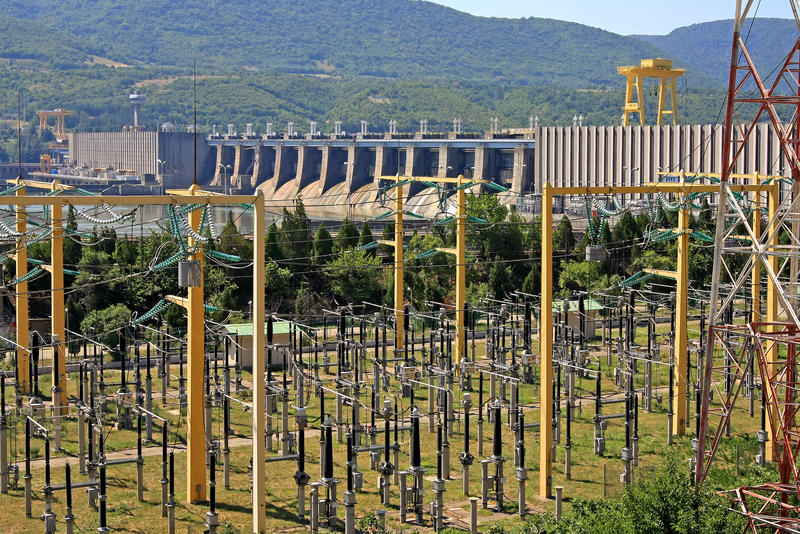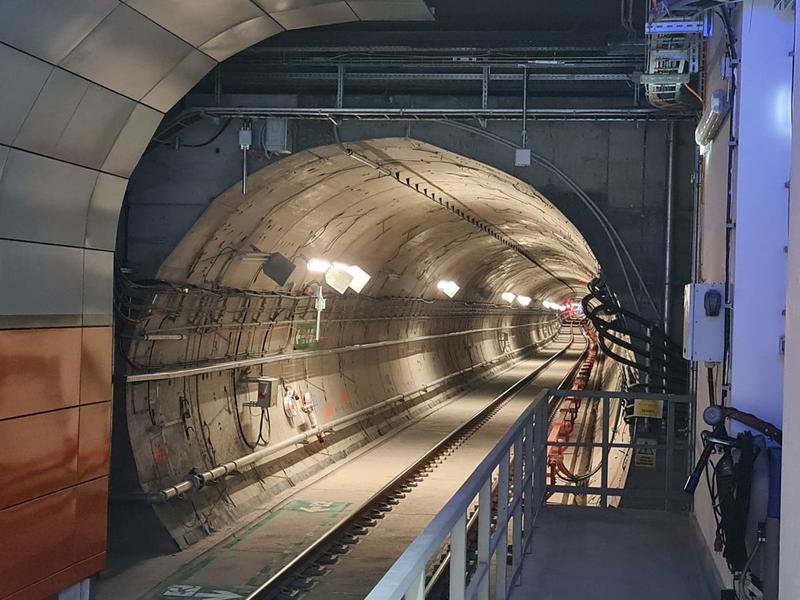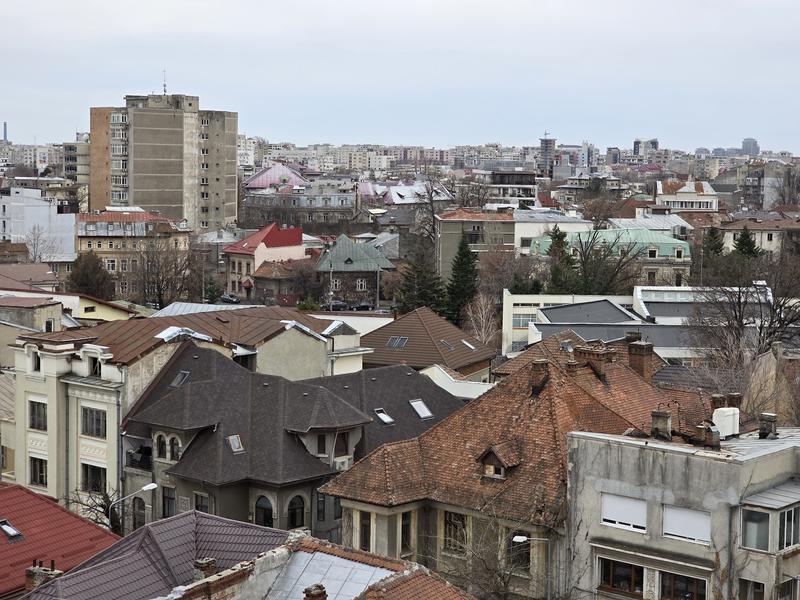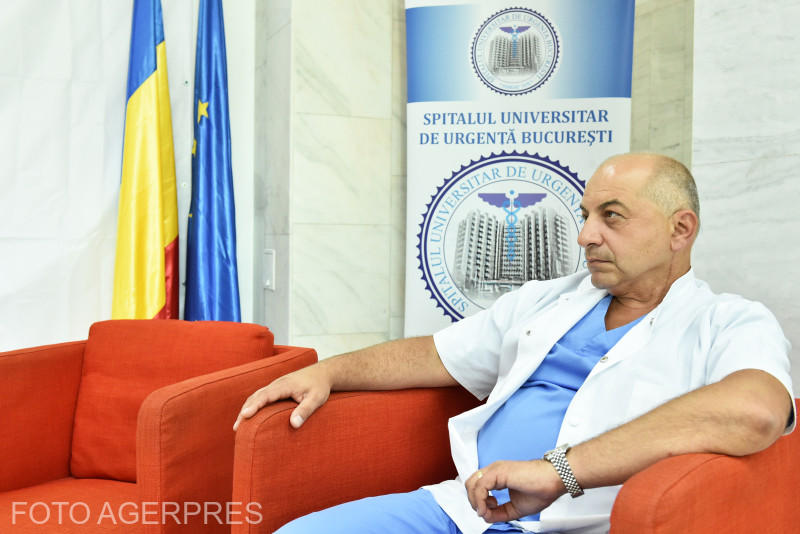The pursuit, search, retention, arrest and indictment of Romanian MPs would be possible without the approval of the Parliament; the retention of a person would not exceed 48 hours as compared to the current 24 hours; and the introduction of a single-chamber parliament with no more than 300 PMs are some of the most important changes to the Constitution that belong to a draft project to review the Romanian Constitution, which the Presidency in Bucharest has sent to the Legislative Council.
Major changes proposed by the Romanian Presidency include the possibility of the President to disolve the Parliament unless it gives a vote of trust for the formation of Government within 45 days (as compared to the current 60 days); the possibility to suspend the President only after the approval of the Constitutional Court; a threshold of the budget deficit of no more than 3% of the GDP; a public debt limit of no more than 60% of the GDP; and the possibility of contracting foreign loans in the case of investments only.
The draft changes all mentions of the two chambers of the Romanian Parliament (the House of Deputies and the Senate) with the term "Romanian Parliament".
The most significant changes to the draft changes to the Constitution, which were sent to the Legislative Council:
- the current Constitution says legally obtained wealth cannot be confiscated and that wealth is presumed legal unless proven otherwise. The draft changes only state that the legally obtained wealth cannot be confiscated
- the retention of a person under the current legislative provisions cannot exceed 48 h instead of the currently stipulated 24h.
- Article 61 of Title III, Chapter I Parliament changes to state that the Parliament is formed of a single chamber.
- Article 62 on the election of MPs says the number of MPs would not exceed 300 people.
- On parliamentary immunity, article 72 changes to state that the pursuit, search, retention, arrest or indictment of MPs for deeds not linked with votes or political opinions stated during their term in office can only be ordered by High Court prosecutors. The current Constitution says MPs cannot be searched, retained or arrested unless their House approves it following hearings.
- A new line is added to Article 86 on the Nomination of the Government which says the proposal of the prime minister to revoke or name members of the government can only be done following consultations with the president.
- Article 89 on the Dissolution of the Parliament is changed to say the President can dissolve the Parliament should it not give a vote of trust in a new government within 45 days (as compared to 60 days in the current form of the Constitution).
- Article 95 in the new form says the suspention of the President cannot be done by the Parliament unless the Constitutional Court provides an approval in line with the gravity of deeds against the letter of the Constitution. A negative stand of the Court would put an end to the suspention procedure.
- Article 126 says in its new form that the judiciary control of administrative acts of public authorities is guaranteed with the exception of those related to relations with the Parliament, military commandment acts and those related to fiscal and budget policies.
- A new article is added, no. 138, on the financial policy. It says the State should avoid excessive public deficit which cannot exceed 3% of the GDP and public debt cannot exceed 60% of the GDP. It also says foreign loans can be contracted in investments sector only. Maximum values can be exceeded in the case of natural catastrophic events or exceptional situation with negative impact on public finance only.
- Article 114 in its proposed form says the Government can assume responsibility before the Parliament once per parliamentary session but that the limitation is not applied in the case of draft budgets or welfare budget.
- Changes are also made to chapters related to the Superior Council of Magistrates (CSM). CSM is currently formed of 19 members: 14 members chosen by general assemblies of magistrates and validated by the Parliament (9 judges, 5 prosecutors), 2 representatives of the civil society, the minister of Justice, the president of the High Court and the Prosecutor General. According to the proposed changes, the membership will be as such: 10 members chosen in general assemblies and validated by the Parliament (5 judges, 5 prosecutors), 6 representatives of the civil society (3 named by the Parliament, 3 named by the President of Romania)
- While current decisions of the CSM are made through secret vote, under the proposed changes they will be public.
- Other proposed changes: public authorities to consult organisations of national minorities in relation with decisions on the maintenance, development and expression of their ethnic, cultural or religious identity; on the rights of harmed individuals - the state is responsible for prejudice caused by way of judiciary error, which does not exempt magistrates of responsibility; judges are independent and only obey the Constitution, the law and the decisions of the Constitutional Court.

